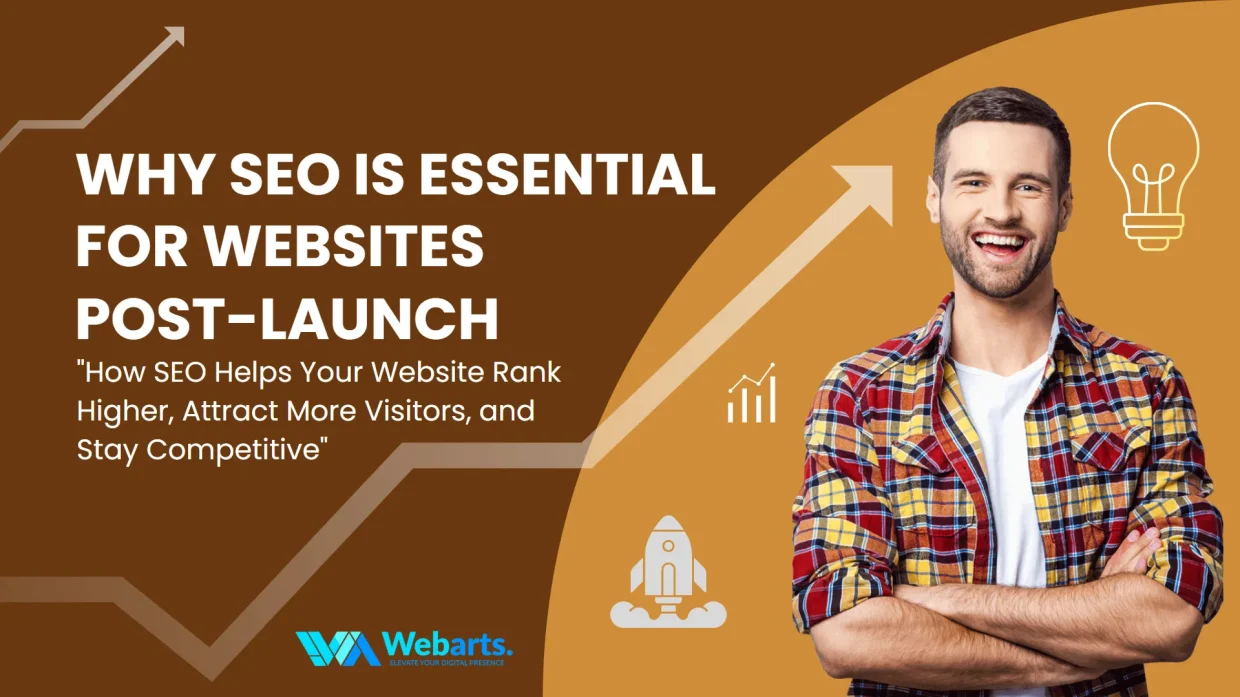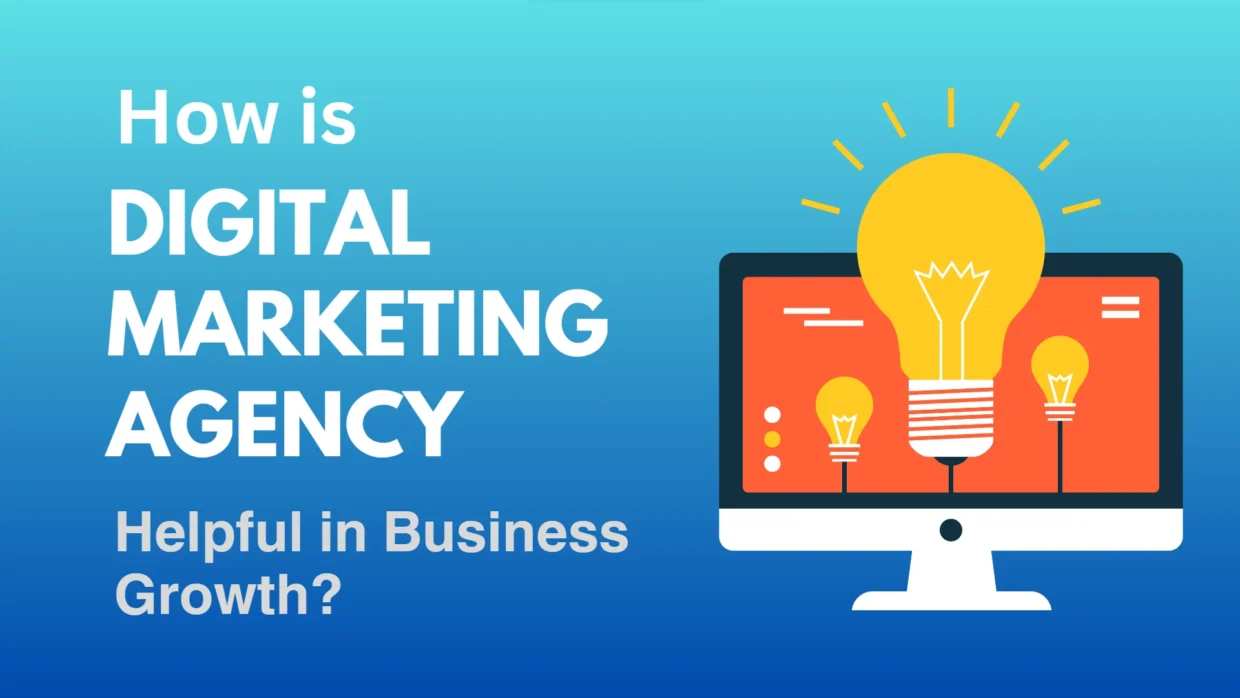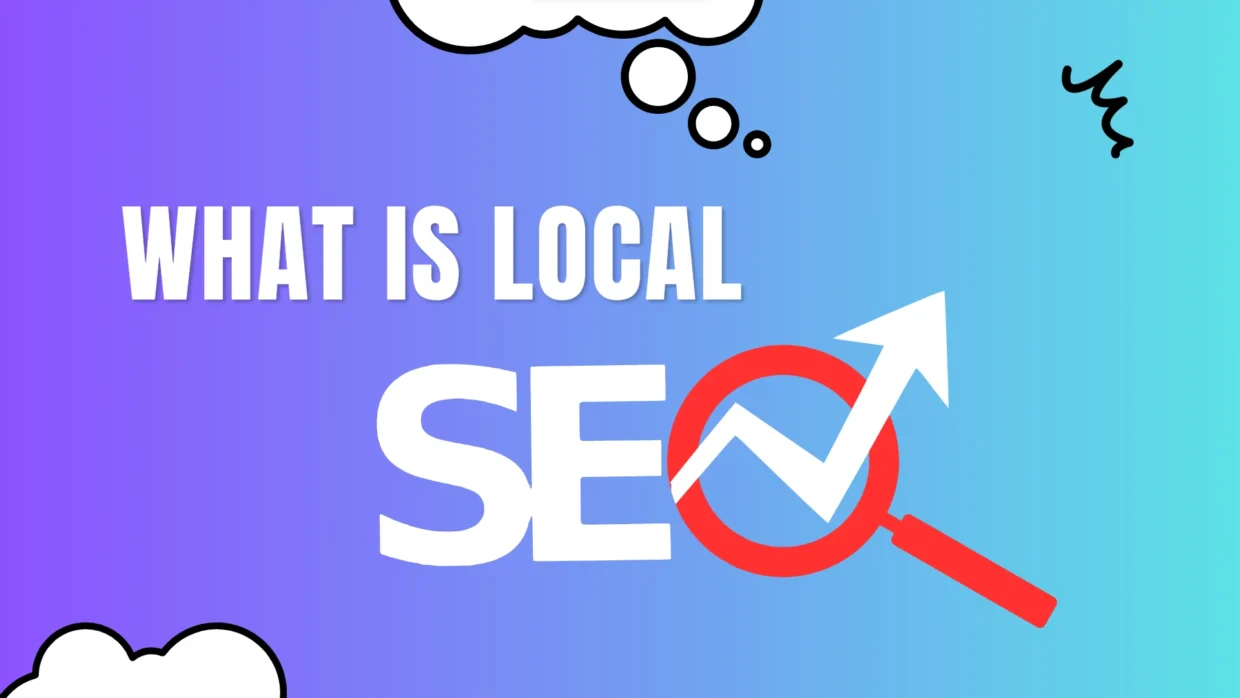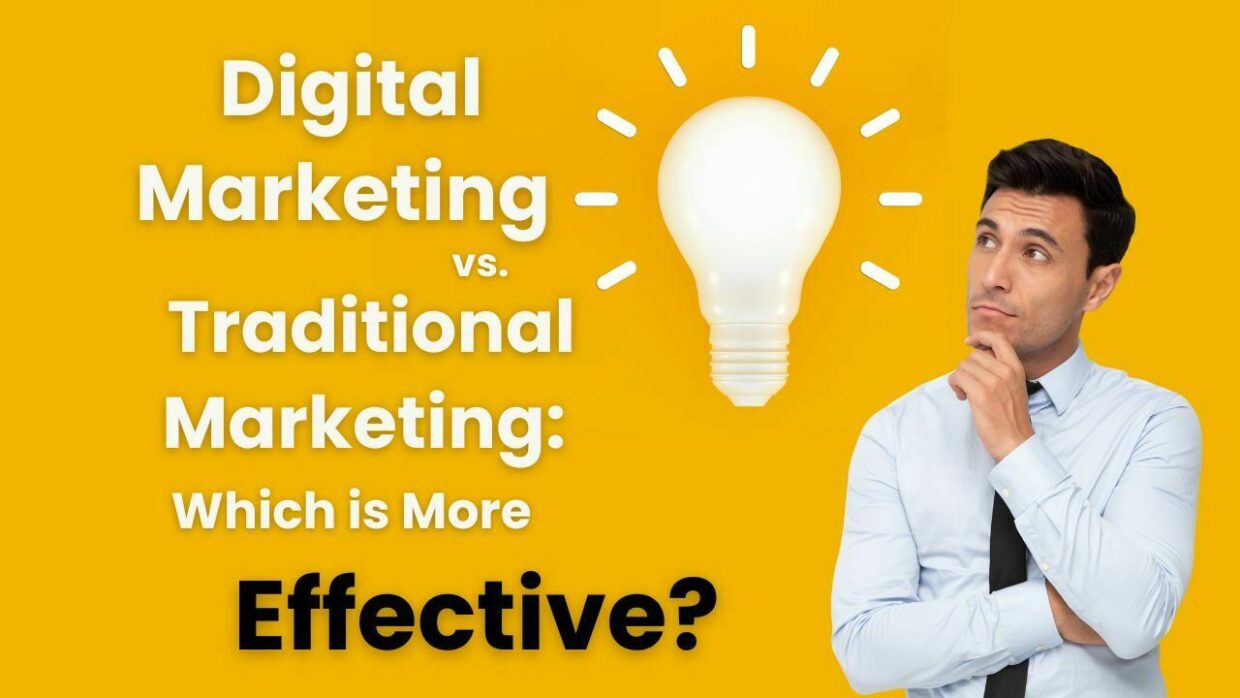Launching a website is just the beginning of your online journey. Many website owners mistakenly believe that once their site is live, traffic will automatically start flowing. However, without proper Search Engine Optimization (SEO), your website might remain invisible to your target audience. Post-launch SEO ensures your website gains visibility, attracts organic traffic, and maintains long-term success. Let’s explore why SEO is crucial after your website goes live.
1. Increases Search Engine Visibility
Once your website is live, search engines like Google, Bing, and Yahoo need to crawl and index it. Without proper SEO strategies, your website might not appear in search results for relevant queries.
- Indexing & Ranking: SEO helps search engines understand your content, making it easier to index and rank your website.
- Keyword Optimization: By targeting the right keywords, your site appears when users search for related topics.
- Metadata Optimization: Optimized title tags, meta descriptions, and headers improve your chances of ranking higher.
Without SEO, even the best-designed websites may never reach their audience.
2. Drives Organic Traffic (Free & Sustainable)
SEO is the most cost-effective way to attract visitors without paying for ads. When done correctly, organic traffic continues to grow over time.
- No Need for Paid Ads: Unlike PPC (Pay-Per-Click), SEO brings traffic for free after initial optimization.
- Better Click-Through Rate (CTR): Organic results often get more clicks than paid ads.
- Long-Term Growth: Unlike social media or paid ads, SEO results last longer and require minimal investment after setup.
A website without SEO relies solely on paid advertising, which can become expensive and unsustainable.
3. Builds Credibility & Trust
People trust Google’s top-ranking websites more than those on later pages. SEO helps establish credibility and authority in your industry.
- Backlinks & Authority: Websites with high-quality backlinks rank better and gain trust.
- User Experience (UX): SEO focuses on fast loading speed, mobile-friendliness, and easy navigation, improving user trust.
- Content Relevance: High-quality, relevant content positions your website as an authority in your niche.
Without SEO, your website might look untrustworthy or get lost among competitors.
4. Improves User Experience (UX)
SEO isn’t just about search engines—it also enhances the user experience. Google prioritizes user-friendly websites, and SEO ensures that your site is:
- Fast & Responsive: Websites with quick load times rank higher and reduce bounce rates.
- Mobile-Friendly: Google’s mobile-first indexing means mobile-optimized sites rank better.
- Easy to Navigate: Proper site structure and internal linking improve usability.
A poorly optimized site frustrates visitors, leading to higher bounce rates and lower conversions.
5. Helps Compete with Established Websites
If you’re launching a new website, you’re competing with millions of established sites. Without SEO, your site won’t stand a chance against bigger brands.
- Keyword Targeting: SEO helps you find less competitive, high-value keywords to rank faster.
- Local SEO: Small businesses can outrank larger competitors for local searches.
- Content Optimization: High-quality content with SEO best practices can surpass even big brands.
SEO levels the playing field, allowing new websites to compete with older, well-established ones.
6. Supports Other Marketing Efforts
SEO complements other digital marketing strategies like content marketing, social media, and PPC advertising.
- Boosts Content Marketing: SEO-driven content ranks higher and gains more organic traffic.
- Enhances Social Media Visibility: SEO-friendly content gets shared more on social platforms.
- Reduces PPC Costs: A well-optimized website gets more organic traffic, reducing reliance on paid ads.
A website without SEO struggles to integrate with other digital marketing efforts effectively.
7. Keeps You Updated with Google Algorithm Changes
Google frequently updates its search algorithms, affecting website rankings. SEO ensures your site remains compliant and competitive.
- Algorithm Adaptation: SEO experts adjust strategies based on Google updates.
- Penalty Avoidance: SEO prevents ranking penalties from poor practices like keyword stuffing.
- Competitive Edge: Keeping up with SEO trends keeps your website ahead of competitors.
Without SEO, your website may drop in rankings after algorithm updates, leading to traffic loss.
8. Boosts Conversion Rates & Sales
SEO doesn’t just drive traffic—it brings in the right audience, leading to higher conversions and sales.
- Targeted Traffic: SEO ensures visitors are genuinely interested in your products/services.
- Optimized Landing Pages: SEO improves on-page elements like CTAs and readability to boost conversions.
- Local SEO for Businesses: Local optimization attracts nearby customers ready to buy.
A website without SEO may attract irrelevant traffic that doesn’t convert, wasting potential sales.
9. Increases ROI (Return on Investment)
SEO delivers one of the highest ROIs in digital marketing because it provides sustainable, long-term traffic.
- Low Cost, High Reward: Unlike paid ads, SEO continues driving traffic without ongoing expenses.
- Better User Engagement: Optimized websites keep visitors engaged, reducing bounce rates.
- Higher Brand Awareness: Top-ranking websites gain more recognition and credibility.
Investing in SEO post-launch ensures continuous growth and profitability.
10. Essential for Local Business Growth
For businesses targeting local customers, SEO is non-negotiable. Local SEO strategies help brick-and-mortar stores attract foot traffic and online bookings.
- Google My Business (GMB) Optimization: Helps businesses appear in local search results.
- Local Keywords & Reviews: SEO helps businesses rank for location-specific searches.
- Maps & Directions: Local SEO ensures customers find and visit physical locations.
Without SEO, local businesses miss out on valuable nearby customers.
Final Thoughts
SEO is not optional—it’s a must-have for any website post-launch. Without SEO, your website will struggle to attract visitors, rank on Google, and compete with established businesses. Investing in SEO strategies like keyword optimization, content marketing, user experience improvements, and backlink building ensures long-term success.
Whether you’re a new website owner or an existing business, SEO is the key to sustained online growth. The sooner you implement SEO post-launch, the faster you’ll see results!
FAQs
1. How long does SEO take to show results?
SEO results vary based on competition, industry, and strategy, but most websites see improvements in 3-6 months.
2. Can I do SEO myself, or do I need an expert?
Basic SEO can be done independently, but for better results, hiring an expert ensures technical and advanced optimizations.
3. Is SEO better than paid advertising?
SEO offers long-term traffic with no recurring costs, while paid ads provide instant but temporary traffic. A mix of both works best.
4. What happens if I ignore SEO?
Without SEO, your website may struggle to rank, attract visitors, or generate leads, making it ineffective in the long run.
5. Is SEO a one-time process?
No, SEO requires continuous updates and optimizations to stay ahead of competitors and adapt to search engine changes.



